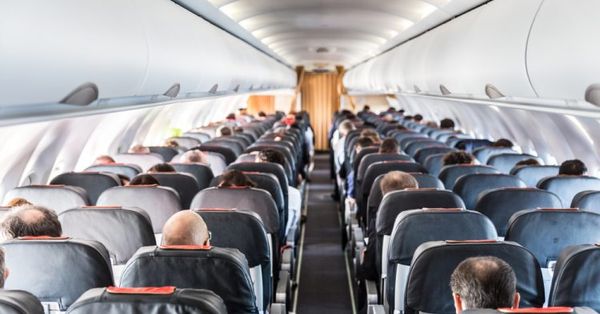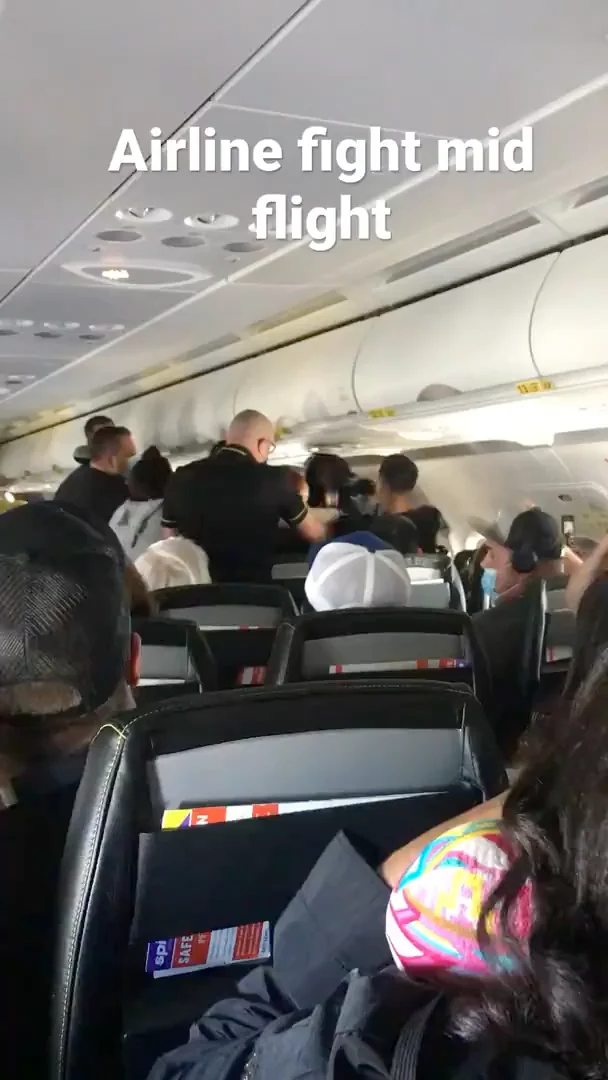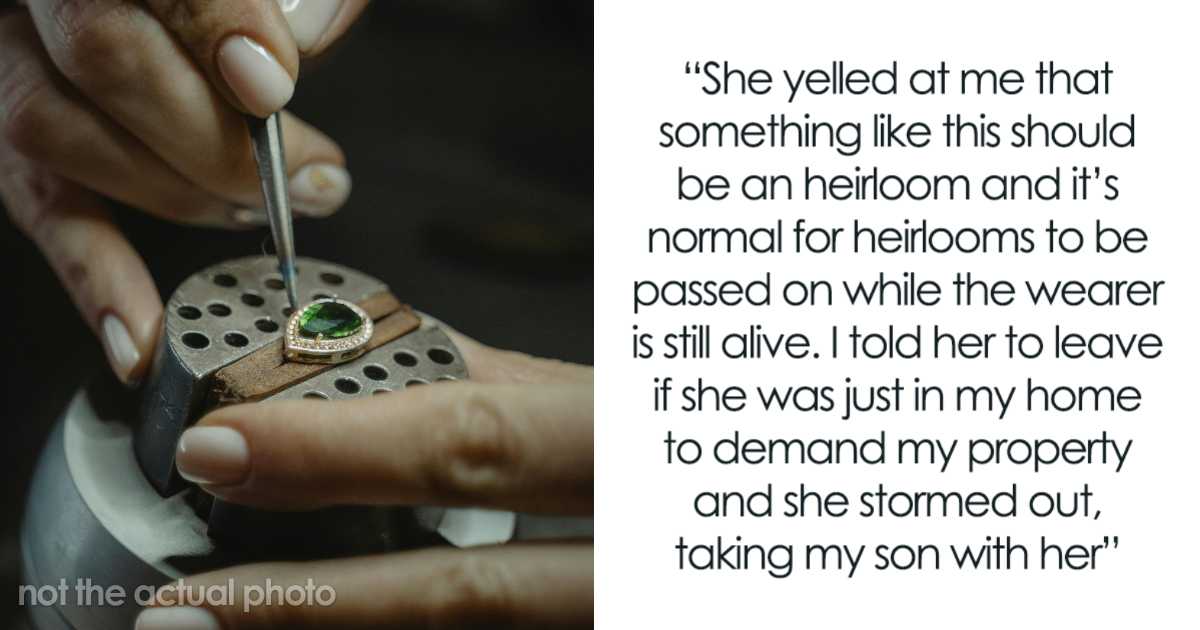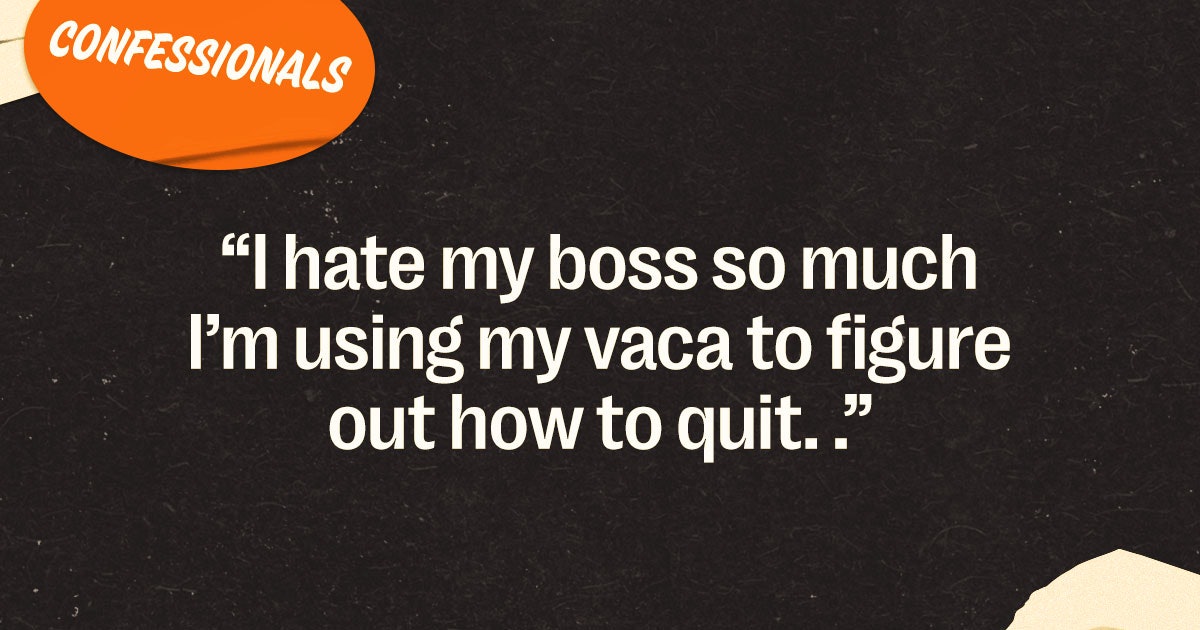
An incident on an airplane has sparked a heated debate about airline etiquette and the responsibilities of travelers when it comes to seat arrangements. The story revolves around a 23-year-old frequent flyer who faced backlash after refusing to switch seats with a 10-year-old boy, leaving him alone in economy class while his parents enjoyed the luxury of first class. This incident has ignited discussions about compassion, changing social norms, and the complexities of air travel.
The story gained attention when an anonymous passenger shared her perplexing experience on Reddit. She revealed that both she and the parents of the young boy had been upgraded to first class, a rare treat for many travelers. However, the twist in the tale was that the child was left behind in economy. Instead of agreeing to swap seats with the young traveler, the passenger chose to stay in first class, sparking criticism from both the online community and the public.
This incident serves as a powerful example of the delicate tensions that can arise during air travel, where passengers’ desire for comfort often clashes with their responsibilities to fellow travelers. In this case, the parents, who had chosen to upgrade to first class, unintentionally left their child to navigate the flight alone in economy class. While the passenger’s decision to keep her first-class seat may seem heartless to some, it highlights the complexity of individual choices in situations where clear guidelines are lacking.
This is not the first time that in-flight etiquette has made headlines. Just days before this incident, a pharmacist made news for adamantly refusing to give up her seat to allow a mother and her teenage child to sit together. Both stories underscore the intricate social dynamics of air travel, where cramped conditions, varying degrees of comfort, and personal preferences can create conflicts.
The anonymous passenger’s post on Reddit, titled “Am I the A**hole,” generated a flurry of responses, with users passionately debating the ethics of her decision. Many argued that the boy’s parents should take responsibility for choosing to upgrade while leaving their child behind. Others, however, criticized the passenger for her perceived lack of empathy, insisting that common decency should prevail in such situations.
This incident also sheds light on the evolving norms and expectations of air travel. In the past, first-class cabins were reserved for the privileged few. But today, travelers from all walks of life share the same aircraft, bringing with them a range of perspectives and expectations. This diversity further complicates the already complex web of social interactions at 30,000 feet.
Ultimately, this incident raises broader questions about personal responsibility, compassion, and the role airlines should play in managing such situations. While airlines typically do not dictate passenger seat assignments, this occurrence highlights the need for clearer guidelines and better passenger education to prevent similar incidents in the future.
As air travel continues to evolve, the challenges of sharing confined spaces with strangers will persist. The incident with the 10-year-old boy and the passenger’s refusal to switch seats serves as a stark reminder of the complexities that can arise when individual desires clash with social expectations. In today’s world, the skies are not just filled with airplanes but also with a rich tapestry of human stories, choices, and interactions that collectively shape the journey for everyone on board.
In a world where air travel can be stressful and cramped, let this incident be a lesson in the importance of empathy and understanding. It reminds us that even at 30,000 feet, we should never forget the golden rule of treating others as we would like to be treated.






